More bus, less fuss
February 15, 2023
When one thinks of the classic schooling experience, a couple of tropes come to mind: apples on teachers’ desks, awkward social interactions, and of course, field trips. LT has all of the above but why doesn’t the curriculum feature more field trips?
To be clear, field trips do exist at LT. However, they are confined to a certain amount of classes and contain a certain inconsistency within them. The administration should try to include more field trips within the basic curriculum.
High school is commonly referred to as one of the most memorable parts of a person’s life–after all, age is one of the only things money can’t buy.
Most of the experiences an average high schooler will remember will not be in the classroom. Instead, it will be the fun they had with friends outside of school, in between classes, and maybe on a couple of memorable field trips. If high school is about learning and retaining information deemed important for up-and-coming productive members of society, then a vessel for reliable memory retention–field trips–should be a bigger part of LT’s high school experience.
Most parents who sign the permission slips will not care if their child has an “unforgettable experience.” Instead, they may be more concerned with the educational benefits. The question becomes: do the experiences on the trip compensate for the time outside of the classroom?
According to Imed Bouchrika, Ph.D., on Research.com in his article “The Educational Value of Field Trips: Advantages and Disadvantages,” a study revolving around a trip to an Arkansas museum featured over 70% of students “recollect[ing] the historical context behind some of the paintings.”
The same article includes a graphic boasting a “[six percent] standard deviation increase in students’ historical empathy after attending a field trip.”
For those administrators who are still concerned over prominent issues like funding and behavioral inconveniences (two common issues mentioned in the Research.com article), a solid alternative suggested by Bouchrika is virtual field trips–an especially viable option after the 2020-2021 half-virtual school year.
Ultimately, field trips provide an opportunity for interactions and memory creation not present in the regular classroom. In addition to these memories, field trips prove to students that the topics covered in the classroom apply to the real world. Field trips represent the ultimate goal of school in the most efficient way possible–making sure learning lasts. For as well-regarded a school as LT, an ushering of more field trips into the curriculum should be considered a priority.
Staff Vote: 25 – 0

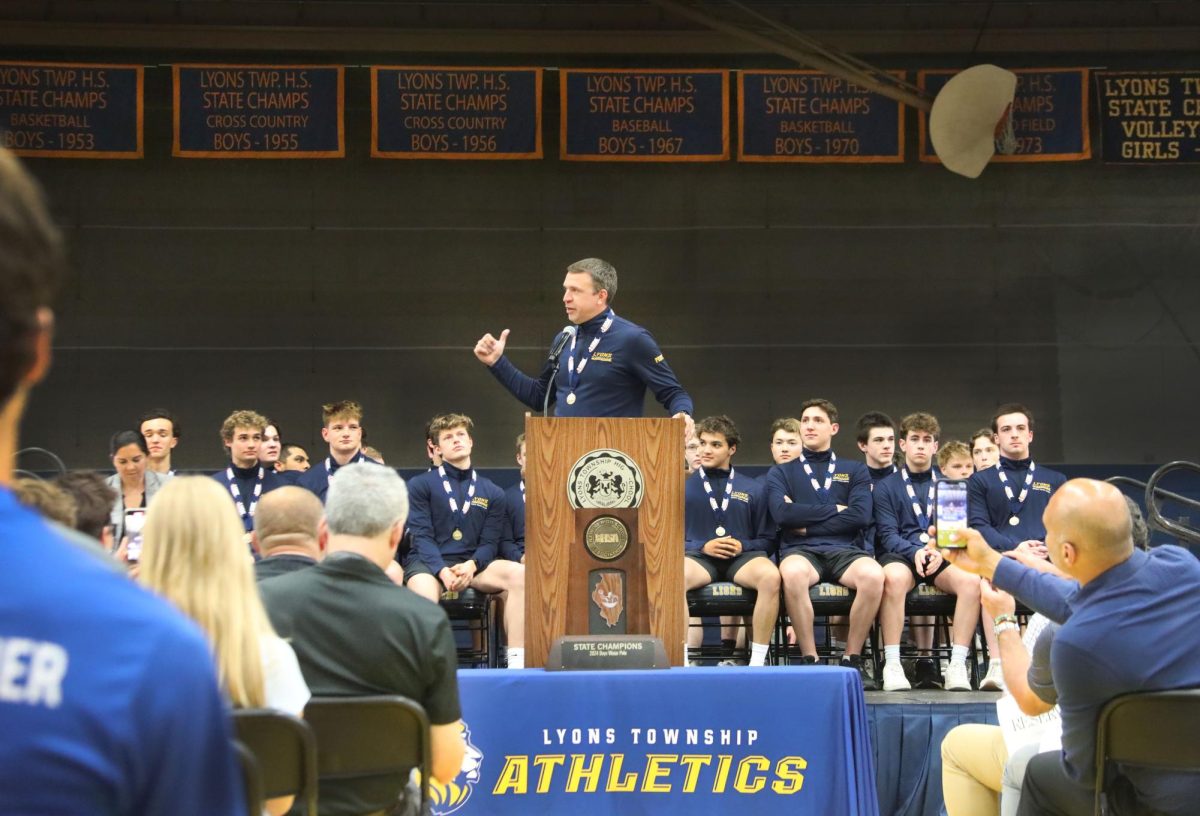
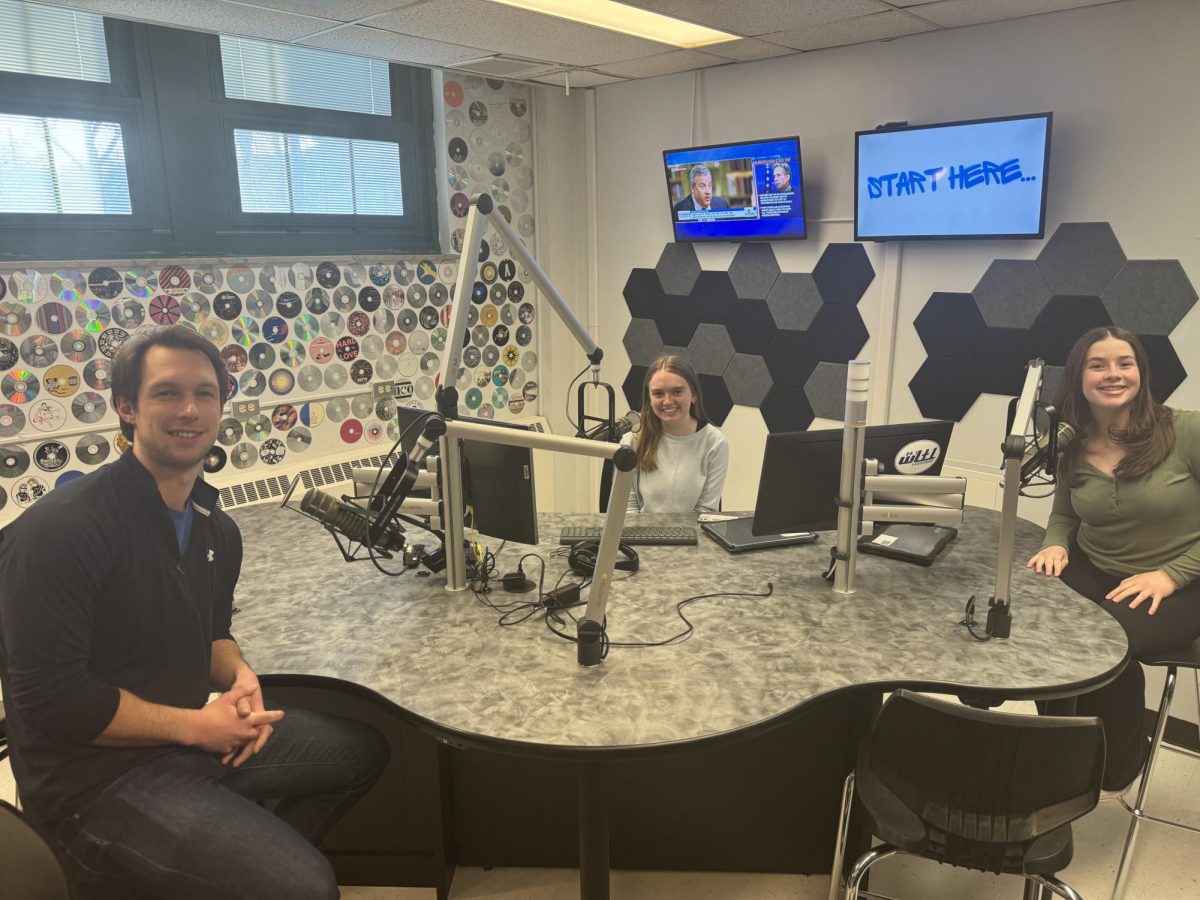



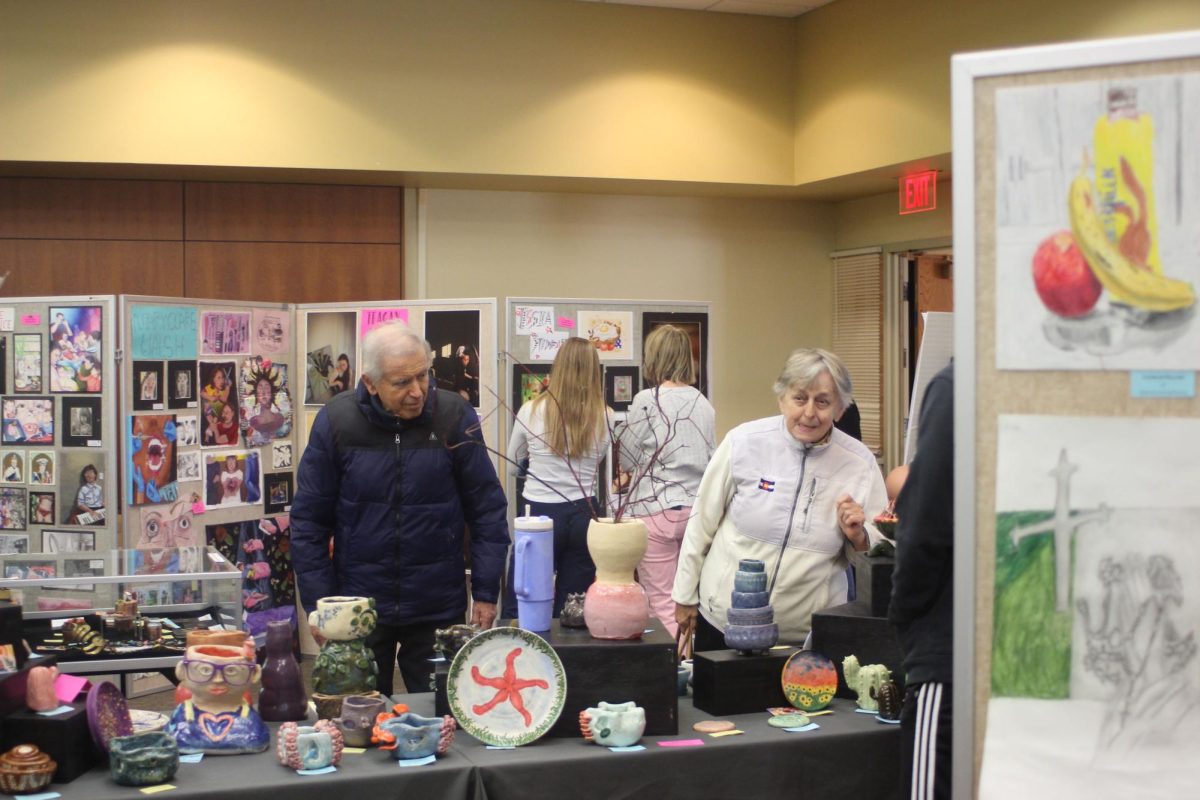



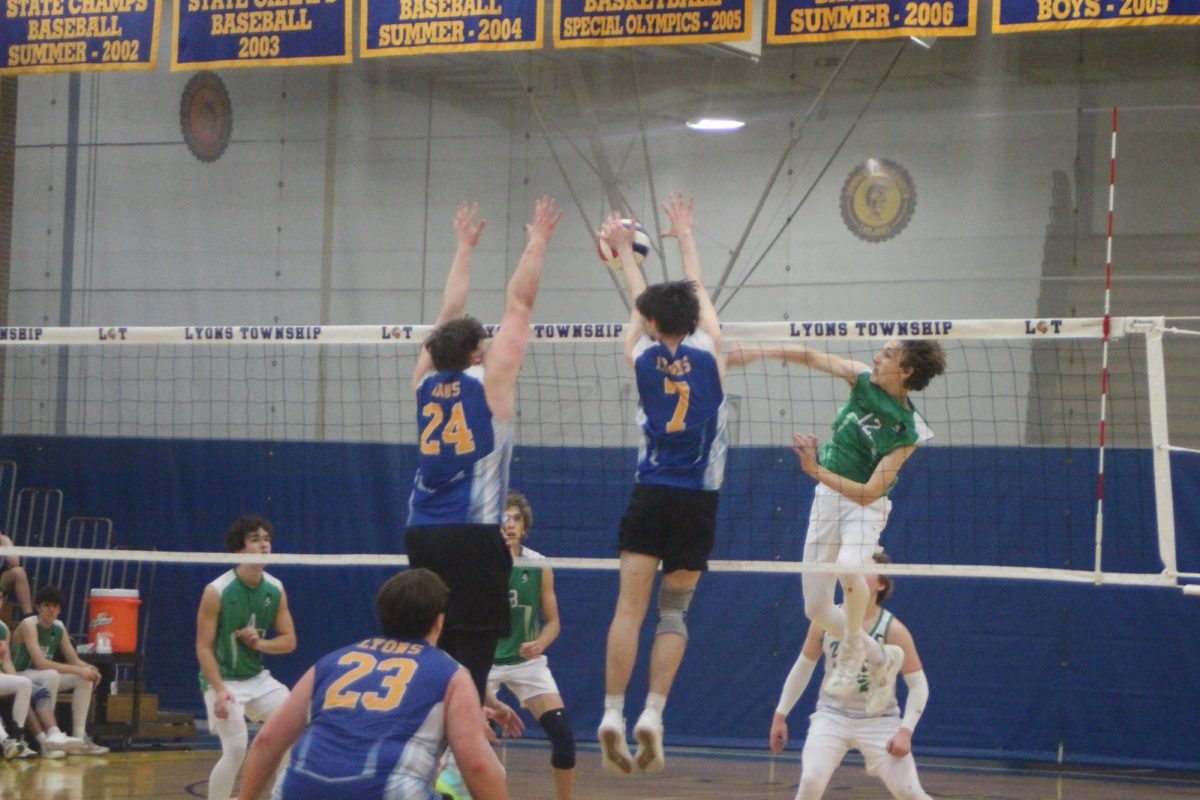
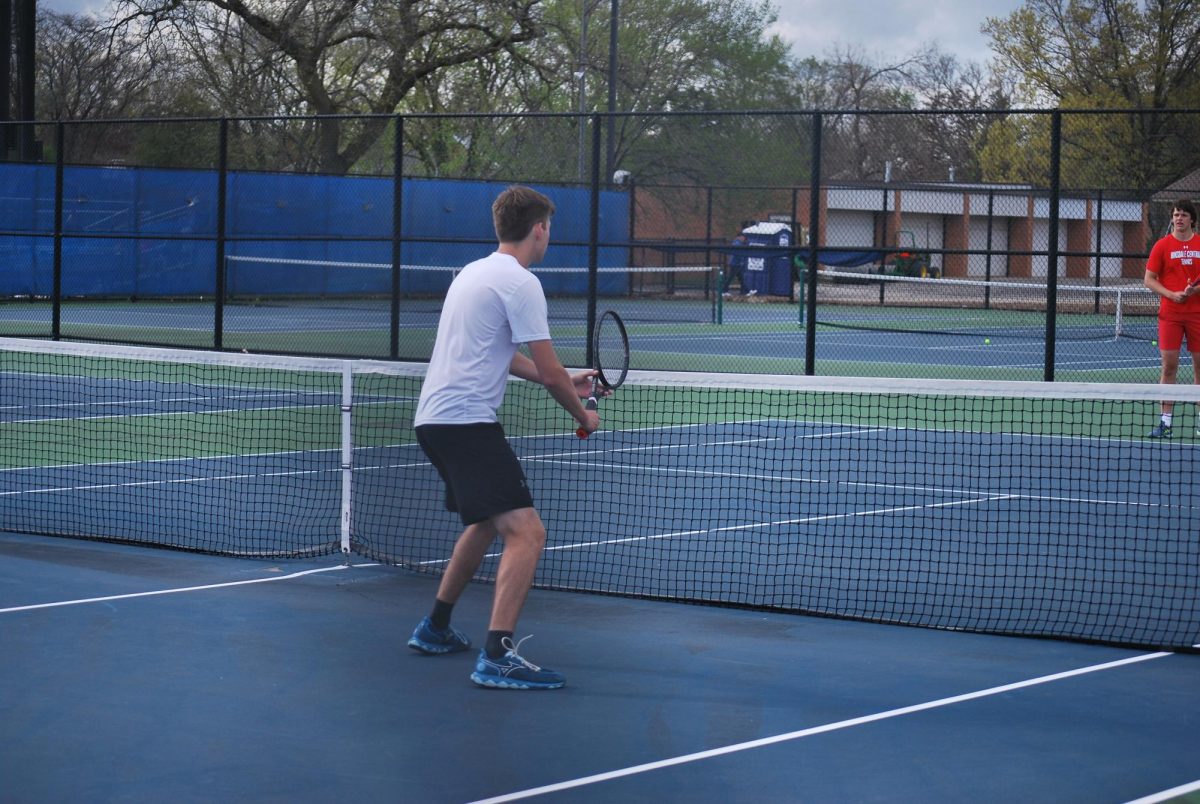
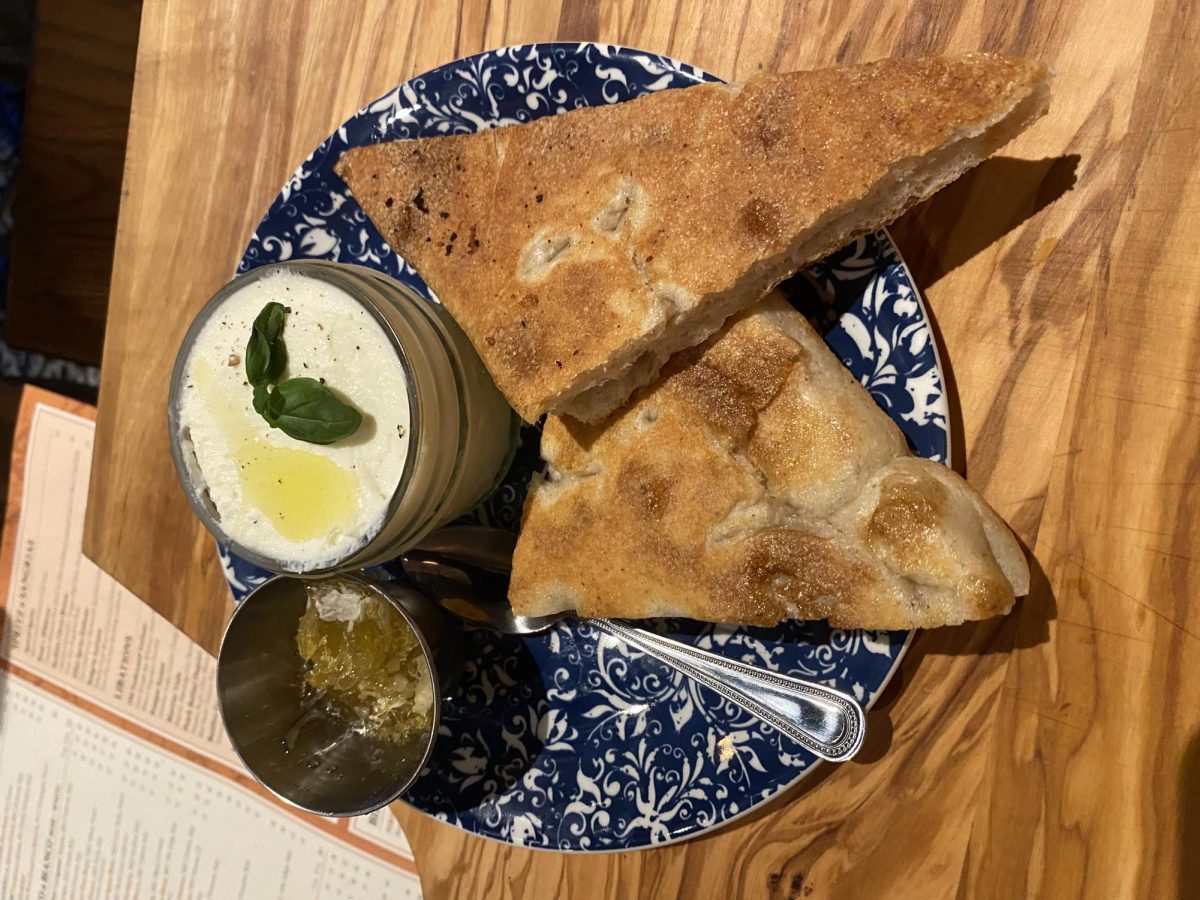
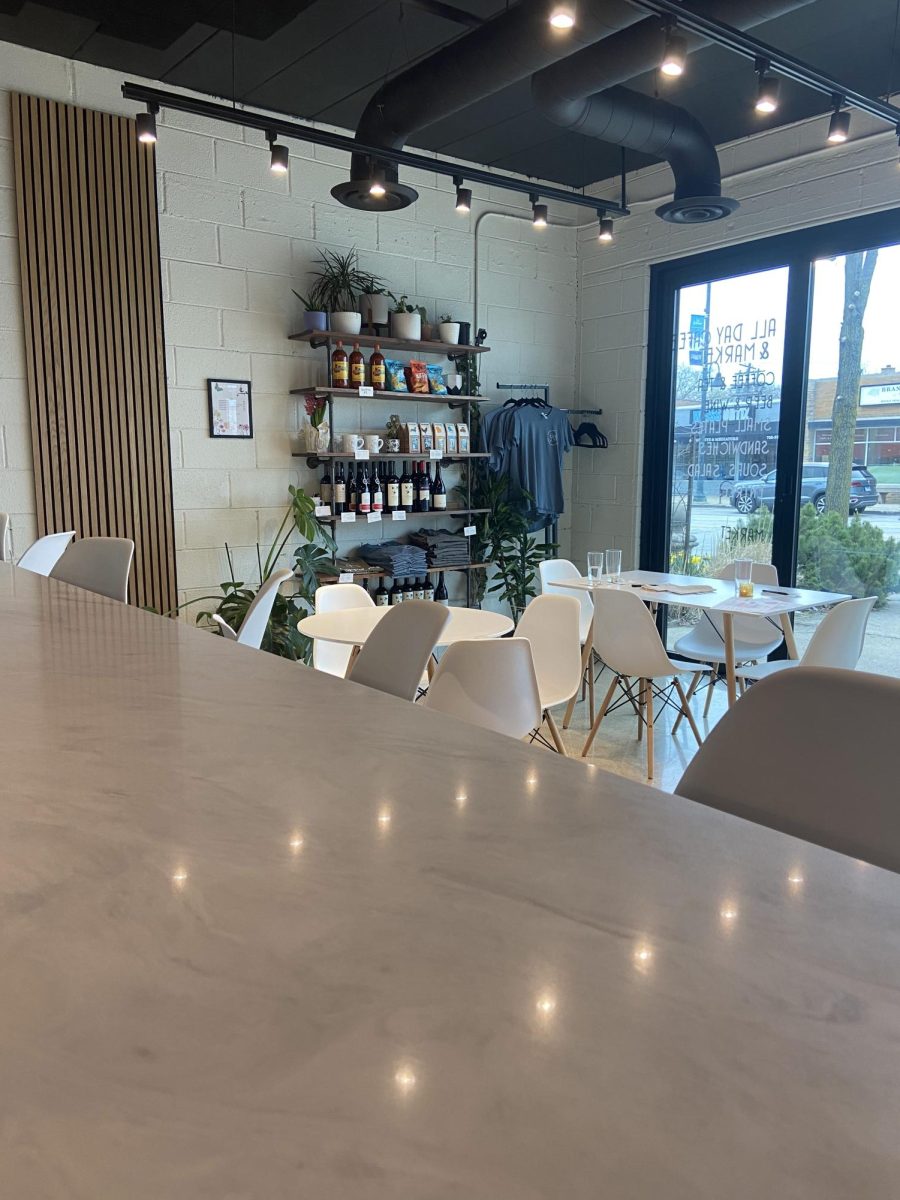


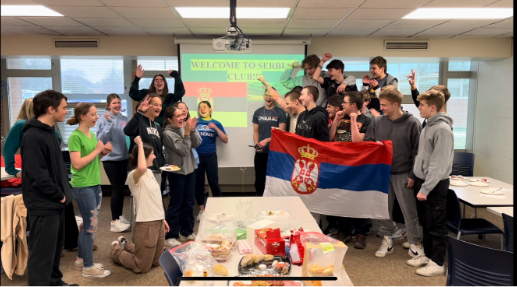


![Movie poster for [Rec] (2007).](https://www.lionnewspaper.com/wp-content/uploads/2023/04/rec-640x900.jpg)
